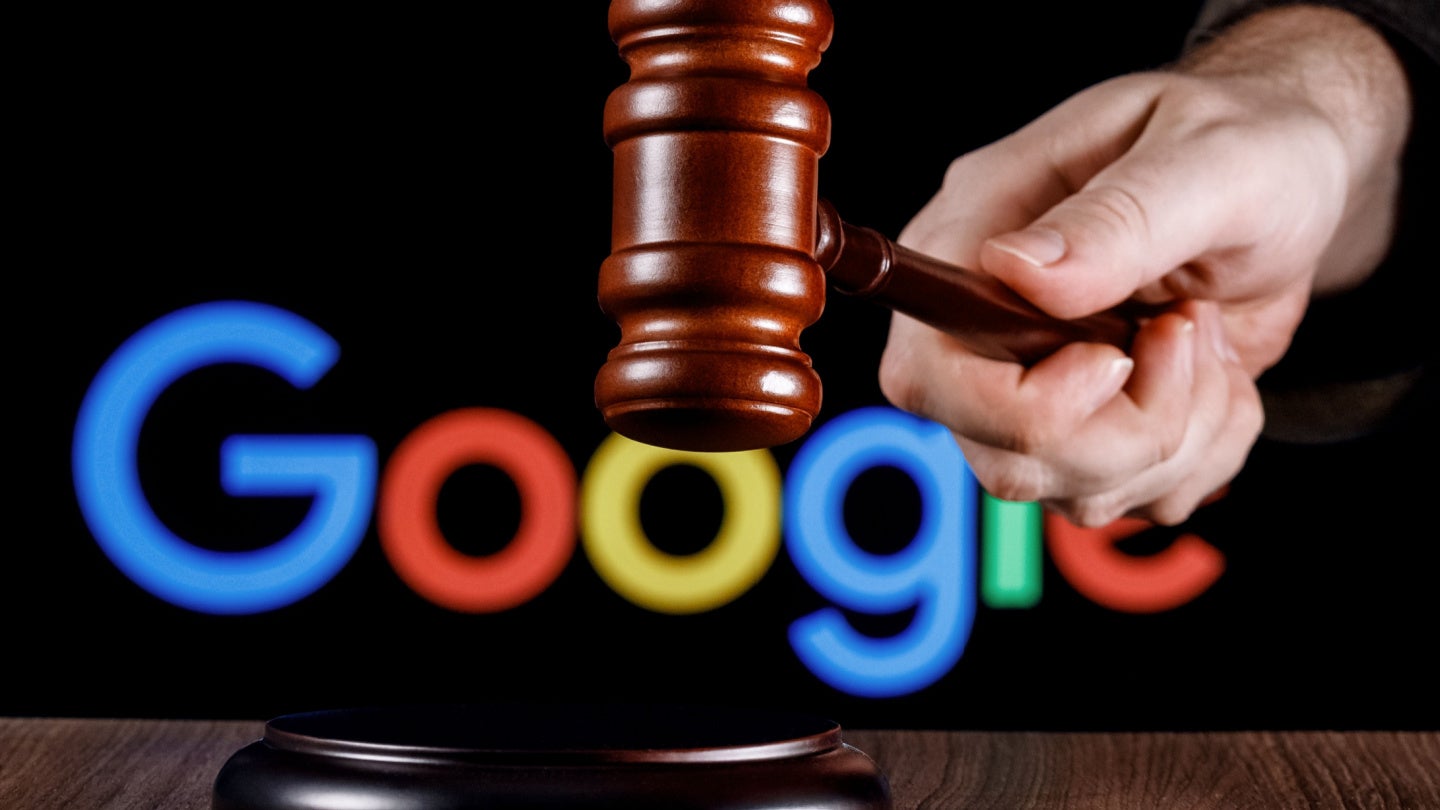
As part of Google’s ongoing antitrust trial, Alphabet CEO Sundar Pichai confirmed that Google paid Apple a third of Safari generated advertising revenue.
The statement was made during Pichai’s 90-minute testimony in a San Francisco courtroom yesterday (14 November).

Access deeper industry intelligence
Experience unmatched clarity with a single platform that combines unique data, AI, and human expertise.
Google currently stands accused of paying Apple and other smartphone manufacturers to ensure that its search engine is used as the default on smartphones. The trial into Google’s relationship with smartphone manufacturers began in September this year.
As originally reported by Bloomberg from inside the courtroom, Pichai stated that Google had paid Apple 36% of its ad revenue generated from Safari web browser searches but did not state the dollar amount of this percentage.
When questioned by Google’s attorney on whether these payments were meant to “stifle” competition, Pichai rebutted these claims.
“[Google’s] mission is to provide access to information and make it universally accessible and useful,” he stated.

US Tariffs are shifting - will you react or anticipate?
Don’t let policy changes catch you off guard. Stay proactive with real-time data and expert analysis.
By GlobalDataAntitrust is one of the main targets for regulatory investigation, according to research company GlobalData in its thematic intelligence report on tech regulation. The problem is balancing regulatory measures to ensure innovation and healthy competition.
“The full weight of antitrust regulation will be used against platforms providing internet services from a monopolistic position or as part of a duopoly,” states the report, “As a well-established principle of competition policy, the fact that these platforms are big is not bad per se. However, regulators have identified strategies by Big Tech to protect their dominance.”
Still, GlobalData states that such regulatory actions against Big Tech companies like Google are unlikely to yield any change in business practices.
Instead, the introduction of ex-ante (before behaviour) rules may take precedence in the future of antitrust regulation, hoping to curb immoral practices by businesses instead of fining them after the fact.
Google has already been fined $2.7m in 2017 for abusing its search engine dominance and as a whole has received the most fines out of every fine faced by Big Tech in the last decade. A rethinking of antitrust rules to enforce a healthier digital market may be imminent, predicts GlobalData.
The trial against Google is expected to end in the next week.







